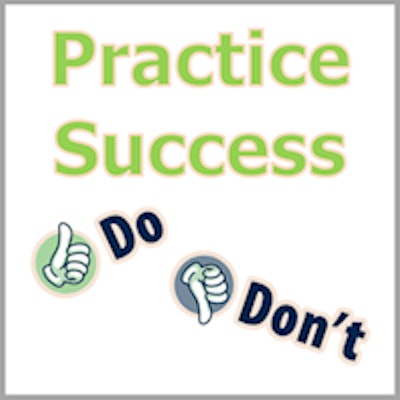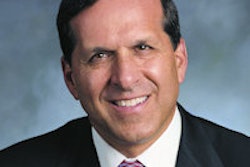
Emotional intelligence is the ability to recognize and understand the emotions -- yours and others -- that arise in interactions and to work with them to get the desired results. Studies show that the best leaders have high emotional intelligence, so it makes sense to concentrate on this area in your role as practice leader.

Gauge the feelings of staff members, and act accordingly. Emotional intelligence enables you to be empathetic toward team members (not to mention patients), which in turn enables you to know how best to motivate them to work together to reach your practice goals and fulfill your vision. As a leader with high emotional intelligence, you will know when and how to praise, encourage better performance, and resolve conflicts in a fair manner.

Don't underestimate your influence on others. Whether you realize it or not, your moods profoundly affect the atmosphere of your practice. For this reason, you must learn to keep your bad moods and negative feelings to yourself. Such self-control can be difficult, but if you understand your emotional impact, you'll be willing to make the effort.
Roger P. Levin, DDS, is the chairman and CEO of practice management consulting firm Levin Group. You can connect with Levin Group on Facebook and Twitter (@Levin_Group) to learn more strategies and share ideas. Also, check out Dr. Levin's free practice management videos at www.levingroup.com/gp.
The comments and observations expressed herein do not necessarily reflect the opinions of DrBicuspid.com, nor should they be construed as an endorsement or admonishment of any particular idea, vendor, or organization.



















